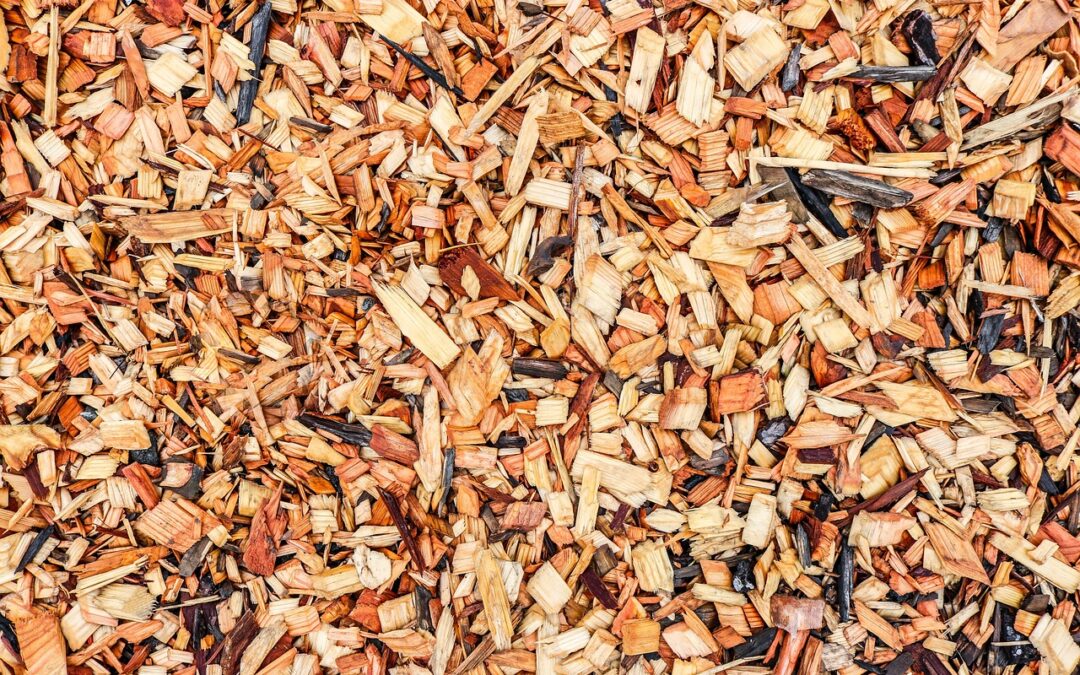Contents
- 1 Unveiling the Wonders of Organic Mulch: A Path to Sustainable Gardening
- 1.1 Types of Organic Mulch – A Rich Palette for Gardening Success
- 1.2 Benefits of Organic Mulch – A Symphony of Advantages
- 1.3 The Art of Mulching – A Guide to Green Thumb Mastery
- 1.4 Success Stories and Testimonials – The Proof is in the Garden
- 1.5 Embracing Organic Mulch – A Sustainable Choice for a Greener Future
- 1.6 Call to Action – Transform Your Garden with the Power of Organic Mulch
Unveiling the Wonders of Organic Mulch: A Path to Sustainable Gardening
Imagine a lush garden bursting with vibrant blooms and thriving plants, all while promoting environmental harmony. This vision becomes a reality with the power of organic mulch – a natural treasure that nurtures our green spaces and protects our planet.
Types of Organic Mulch – A Rich Palette for Gardening Success
The realm of organic mulch offers a diverse array of options, each carrying unique benefits:
- Bark Mulch: A classic choice, bark mulch provides excellent drainage and moisture retention, while adding a touch of woodland charm.
- Compost: The dark gold of gardening, compost is nutrient-dense, improving soil health and promoting strong root growth.
- Grass Clippings: A sustainable option, grass clippings add nitrogen and other essential nutrients, naturally enriching the soil.
- Leaves: Nature’s blanket, leaves decompose slowly, providing long-lasting nourishment and organic matter.
- Straw Mulch: A versatile choice, straw mulch suppresses weeds, insulates soil, and acts as a natural barrier against pests.
Benefits of Organic Mulch – A Symphony of Advantages
The transformative power of organic mulch extends beyond aesthetics, offering a myriad of benefits for your garden:
- Moisture Retention: Mulch acts like a protective blanket, reducing evaporation and maintaining soil moisture for thirsty plants.
- Weed Suppression: By blocking sunlight, mulch hinders weed growth, minimizing competition for nutrients and space.
- Temperature Regulation: Mulch insulates the soil, regulating temperature fluctuations and protecting roots from extreme heat or cold.
- Soil Health Improvement: As mulch decomposes, it enriches the soil with organic matter, microorganisms, and essential nutrients.
- Erosion Control: Mulch helps stabilize soil and prevent erosion, safeguarding your garden from the elements.
The Art of Mulching – A Guide to Green Thumb Mastery
Applying mulch is a technique that transforms gardens with ease:
- Clear the Area: Remove weeds and debris from the planting area to create a clean base.
- Spread a Layer: Apply a 2-3 inch layer of chosen mulch around plants, avoiding direct contact with stems.
- Water Deeply: After mulching, water thoroughly to settle the material and promote decomposition.
- Replenish as Needed: Over time, mulch will decompose, so replenish it as necessary, maintaining the desired thickness.
Success Stories and Testimonials – The Proof is in the Garden
Gardeners across the country have experienced the transformative power of organic mulch firsthand:
- “My rose bushes have never looked so vibrant. The bark mulch I applied keeps the soil moist and weed-free.” – Sarah C., avid gardener
- “Compost is my go-to for vegetable gardens. The rich nutrients and improved soil structure have boosted my yields tremendously.” – John B., backyard farmer
Embracing Organic Mulch – A Sustainable Choice for a Greener Future
Choosing organic mulch is not only good for your garden but also for the planet:
- Reduces Landfill Waste: Organic mulch diverts yard waste and other biodegradable materials from landfills, promoting responsible waste management.
- Improves Soil Carbon Sequestration: As mulch decomposes, it stores carbon in the soil, mitigating climate change.
- Conserves Water: By reducing water evaporation, mulch helps preserve precious water resources, especially during droughts.
- Supports Biodiversity: Mulch creates a welcoming habitat for beneficial insects, birds, and microorganisms, fostering a thriving ecosystem.
Call to Action – Transform Your Garden with the Power of Organic Mulch
Unleash the full potential of your garden with organic mulch. Choose high-quality landscaping materials that meet your specific needs and bring your green dreams to life. Embrace the benefits of organic mulch today and make every plant, flower, and vegetable thrive in a healthy and sustainable haven.

